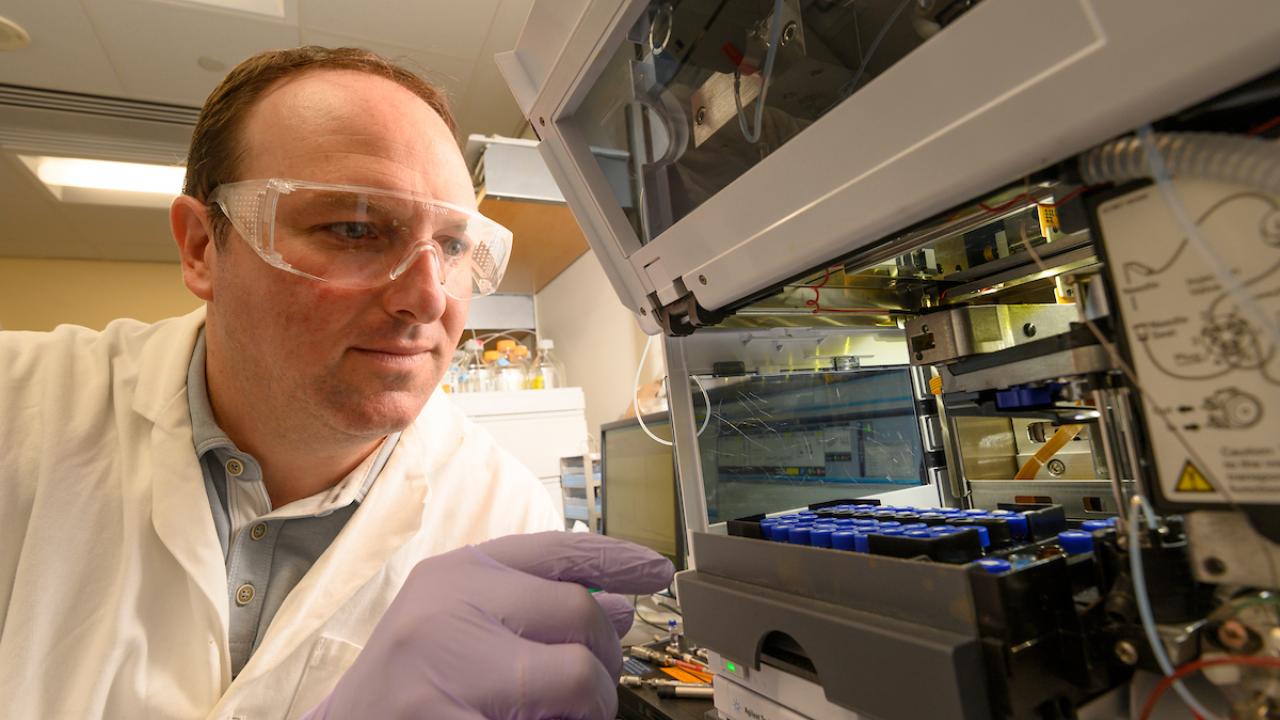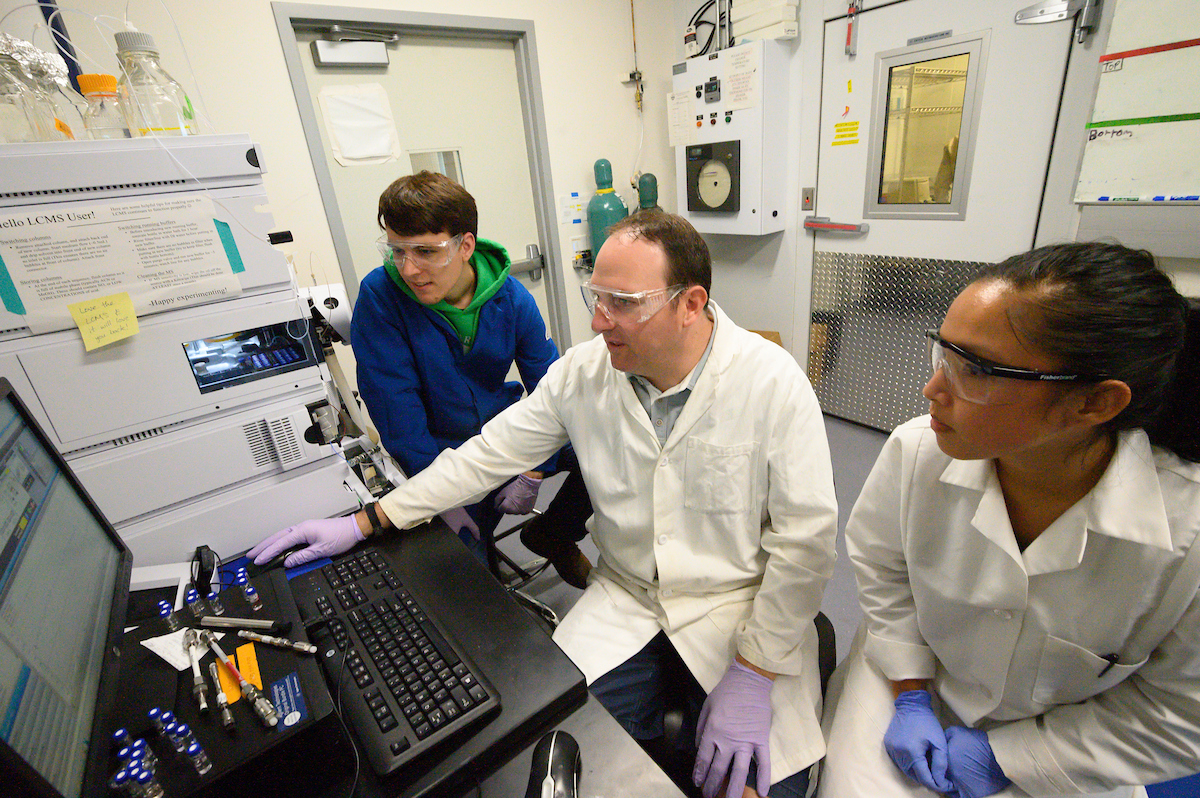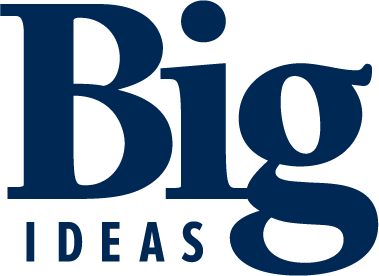
The Future of Food
By Trevor Stewart
Food is more than the energy that fuels our bodies –– it is preventive medicine. Maybe not a cheesy chimichanga, but the type of food that is loaded with vitamins and proteins can maximize the benefits to the human body.
“We need to look at the functional properties of food more closely so we can achieve the desired outcome,” said Justin Siegel, associate professor of chemistry, biochemistry and molecular medicine, and faculty director for the Innovation Institute for Food and Health.
“Instead of focusing on the quantity of food –– which is a legitimate long-term concern globally –– let’s hone in on creating quality food that possesses more active nutritional ingredients that deliver greater health benefits with every serving.”
Siegel has a vision to transform the greater Sacramento region into the incubator pipeline for food science

innovations. The initiative, dubbed Food Valley, would accelerate the commercialization of game-changing ideas across the food system by tapping into research, industry and policy. It would also prepare tomorrow’s food innovators and entrepreneurs through experiential learning programs.
Food Valley aims to patent its food innovations through developing technologies. These concepts can be grown into companies –– and potentially be a launchpad for Aggie entrepreneurs.
Siegel became interested in biotechnology as a kid. More recently, he thought about the possibilities of using biotech to disrupt the food systems industry. He co-founded PVP Biologics, a food biotech company, 2016. PVP created a pill called KumaMax, which helps those who suffer from celiac disease. KumaMax is currently in clinical trials, awaiting FDA approval.
“Food Valley is about letting people experience freedom in what they are able to eat –– especially as it pertains to food allergies and restrictions,” Siegel said. “With modern technology we can both see the exact molecules that make up our food and manipulate those molecules to change how they interact with someone’s body.”
No centralized hub for food innovations exists yet. Siegel said he believes UC Davis has all the right ingredients to emerge as the leader.
“Twenty years ago, this was science fiction,” he said. “Now we can do things we never thought possible. There is going to be a hub for food innovation, and UC Davis should be the place it happens.”
